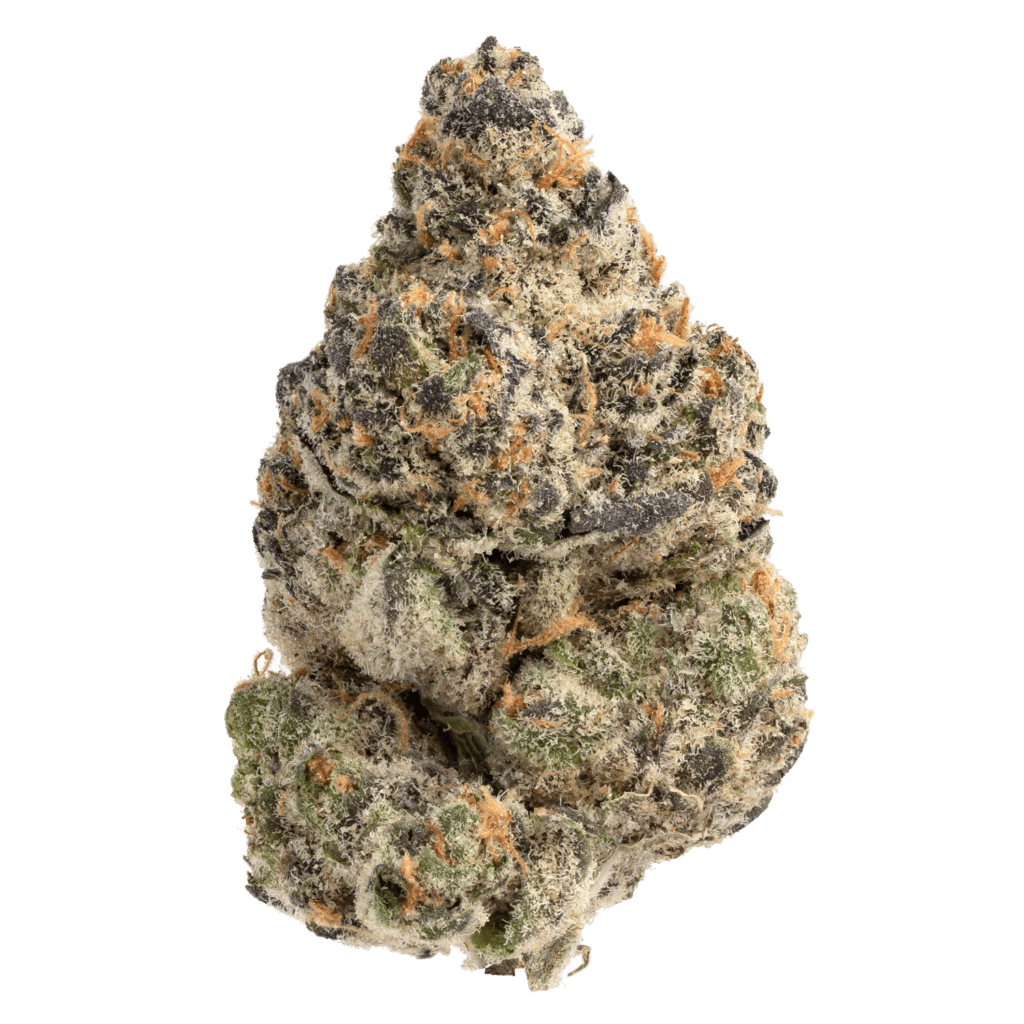No products in the cart.
Does THC affect Prenatal Development?
27 Jul 2023

As more states legalize cannabis for medicinal and recreational use. It’s important to understand the potential risks with THC and how it affects prenatal development. The endocannabinoid system is crucial to fetal development, and studies show that exposure to THC during prenatal development could have lasting effects on the brain and behavior of offspring.
The Endocannabinoid System and Prenatal Development
The endocannabinoid system plays a vital role in prenatal development. CB1 receptors are expresses early in fetal development, and they are part of the proper unfolding of brain development. CB1 receptors are also abundant in the reward pathway of the brain. As well as, THC exposure during early development can have a significant impact on reward processing, motivation, and cognition later in life.
Research has shown that the endocannabinoid system is not simply lying dormant until birth. Instead, it is active in the development of the fetus. When scientists mess with the ECS during early brain development in animals. Furthermore, the viability of the embryo can even be compromised.
THC and the Placental Barrier
In mammals, the placenta is responsible for regulating the transfer of compounds between the maternal and fetal circulatory systems. The placental barrier is a semi-porous membrane that acts as a filter, allowing a subset of the molecules flowing through the mother’s bloodstream to enter the in utero environment.
THC is a fat-soluble drug that can cross the placental barrier and enter the developing fetus. The earlier the exposure, the higher the dose, or the more frequent the exposure, the greater the influence on development. THC has been shown to have lasting effects on the brain and behavior of offspring, and exposure during prenatal development could increase the risk of problems with brain development, including memory, learning, and behavior.

The Risks of THC Exposure During Pregnancy
No amount of marijuana has been proven safe to use during pregnancy or while breastfeeding. In 2018, the American Academy of Pediatrics releasing its first official guidelines. Primarily, advising women who are pregnant or nursing to avoid marijuana use because it isn’t safe for them or their children.
Studies show that marijuana use during pregnancy may be harmful to a baby’s health and cause a variety of problems. Including, fetal growth restriction, a greater risk of stillbirth, preterm birth, low birth weight, and long-term brain development issues affecting memory, learning, and behavior.
The Effects of THC on Sensitivity to Cannabis and Other Substances
THC exposure during prenatal development could also affect an animal’s sensitivity to cannabis and other substances. Exposing adolescent rodents to THC, for example, renders them more sensitive to opioids. When female rats are given daily, low doses of THC during pregnancy, their male offspring respond to THC differently during adolescence, and their neurons release more dopamine in response to THC ingestion.
The Effects of THC on Behavioral Tendencies
THC exposure during development can also affect an animal’s future behavioral tendencies. Developmental abnormalities by prenatal THC exposure could have lasting effects on dopamine neurons, making animals more sensitive to rewards and therefore more vulnerable to addiction. THC exposure during early development can also affect how dopamine neurons mature and emotional behaviors later in life.
When female rodents get either extra testosterone or THC, their subsequent behavior changes in similar ways. These effects can differ depending on timing, and exposure at different developmental time points can lead to different behavioral consequences.
The Connection Between THC and Hormones

THC exposure during prenatal development can also impact how sex-typical behaviors are regulated. There is a connection between the endocannabinoid system and the brain’s dopamine reward pathway and neurosteroid systems critical for behavior regulation.
When scientists provide unnaturally high levels of stimulation to CB1 receptors during prenatal development. Using THC or other drugs, it impacts brain development and causes subsequent changes in behavior. Early-life THC exposure tends to have masculinizing effects on the brain. However, the behavior of juvenile rodents becomes more male-like after exposure to THC as newborns.
The Reversibility of THC’s Effects
Research has shown that pregnenolone, a precursor to most steroid hormones,. Including those in the brain, which are neurosteroids. It maybe a non-invasive way of correcting some of the developmental abnormalities by prenatal THC exposure. Studies in rats have shown that giving pregnenolone to juvenile rats after birth resulting in a reversal of the changes by prenatal THC exposure.
However, it is important to note that while pregnenolone could reverse many of THC’s developmental effects on dopamine neurons. That doesn’t mean there are no other developmental abnormalities that may have gone unnoticed or uncorrected. The endocannabinoid system is a crucial part of the development and function of many physiological processes in the body, and stimulating endocannabinoid receptors outside of their natural physiological range is likely to have widespread effects on development.
Conclusion
In conclusion, THC exposure during prenatal development could have lasting effects on the brain and behavior of offspring. The endocannabinoid system plays a vital role in prenatal development. As well as, exposure to THC during early development can have a significant impact on reward processing, motivation, and cognition later in life. THC exposure during prenatal development could also affect an animal’s sensitivity to cannabis and other substances. Along, with its future behavioral tendencies.
While research has shown that pregnenolone could be a non-invasive way of correcting some of the developmental abnormalitie by prenatal THC exposure. It’s important to exercise caution and consider a nine-month THC break during pregnancy.





